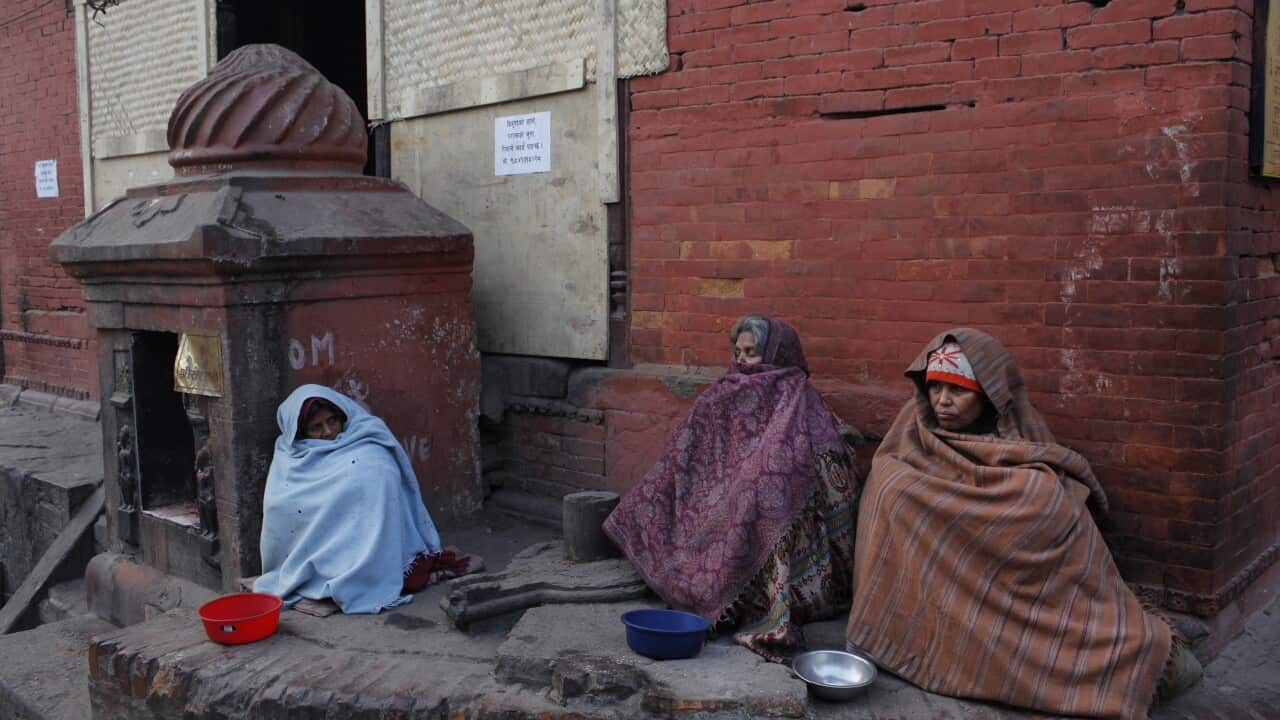That's according to a new report from Oxfam International, which says global inequality is worsening.
Titled, "An Economy for the One Percent", the report says corporations avoiding tax and keeping profits for the top of the company food chain are among the main causes of the problem.
The pool of the world's wealthy elite is shrinking and they're earning more.
Sixty-two people, including the likes of Bill Gates and Warren Buffett, own the same wealth as half the world's poor.
The number of the "haves" in this elite group has dropped from 388 people just five years ago.
The CEO of Oxfam Australia Dr Helen Szoke says the concentration of wealth - and power - is unacceptable.
"The contrast is just breathtaking and it gives you an idea of the kind of urgency that we have in actually addressing the gap that exists between the rich and the poorest in the world."
Oxfam's report says private bankers, lawyers, accountants and investors are among those amassing too much money.
Dr Szoke says corporations dodge tax too often and keep salary increases for those at the top of the food chain, leaving low income earners stuck.
"Oxfam's ask is three-fold. The first is that we need to globally take up the challenge of these tax havens and stop those being the avenue for money being squirrelled away which allows corporations and rich individuals."
Dr Skoze says Oxfam is also calling for commitment from governments to reinvest wealth in social infrastructure and strive towards meeting living wage requirements so the world's poor can take control of their lives.
Organisations like World Vision say the gap means developing countries have heavier dependence on donations.
Speaking en route to Africa, World Vision chief executive Tim Costello says health services are among the biggest priorities being ignored.
"I'm travelling with a world vision donor who has just built a 25 bed hospital in northern Uganda. In Northern Uganda, 16 women a day die in childbirth and that is just outrageous."
Dr Skoze adds that Africa is listed among continents with leaders with investments in tax havens.
"Like Africa there is enormous wealth generation that occurs and some fo the wealthier people there are making a lot of money out of their business interests but a lot of money is then being taken offshore in to these low tax jurisdictions and as a consequence of that there's billions of dollars that are lost to governments who should actually be building the infrastructure for their communities."
Dr Costello says the richest have a higher concentration of power, which is holding back developing communities from becoming self-sufficient.
"I think this figure is devastating to anyone who is a humanitarian, to anyone who actually knows that none of us are born on the stage of life with any more rights or virtue than anyone else. If we're thrown up on the stage called Australia or rich nations, we have won first ticket in the lottery of life. But to know that there literally are the "super winners" - 62 people - with wealth equal to 3.5 billion people - really undermines our humanity."
The report also analysed 200 of the world's corporations and found 90 per cent have an investment in a tax haven.
Corporate investment in those havens has increased four-fold over the past 15 years.
It found, in general, revenue was being kept at the top of the company, the rich are earning 44 per cent more than they were five years ago and the poor are earning 41 per cent less.
While many developing countries have a growing middle class, Oxfam says that growth should not mask pockets of poverty where basic needs are still not being met.
Oxfam also noted a gap in gender equality - 53 of the 62 richest individuals are men.









